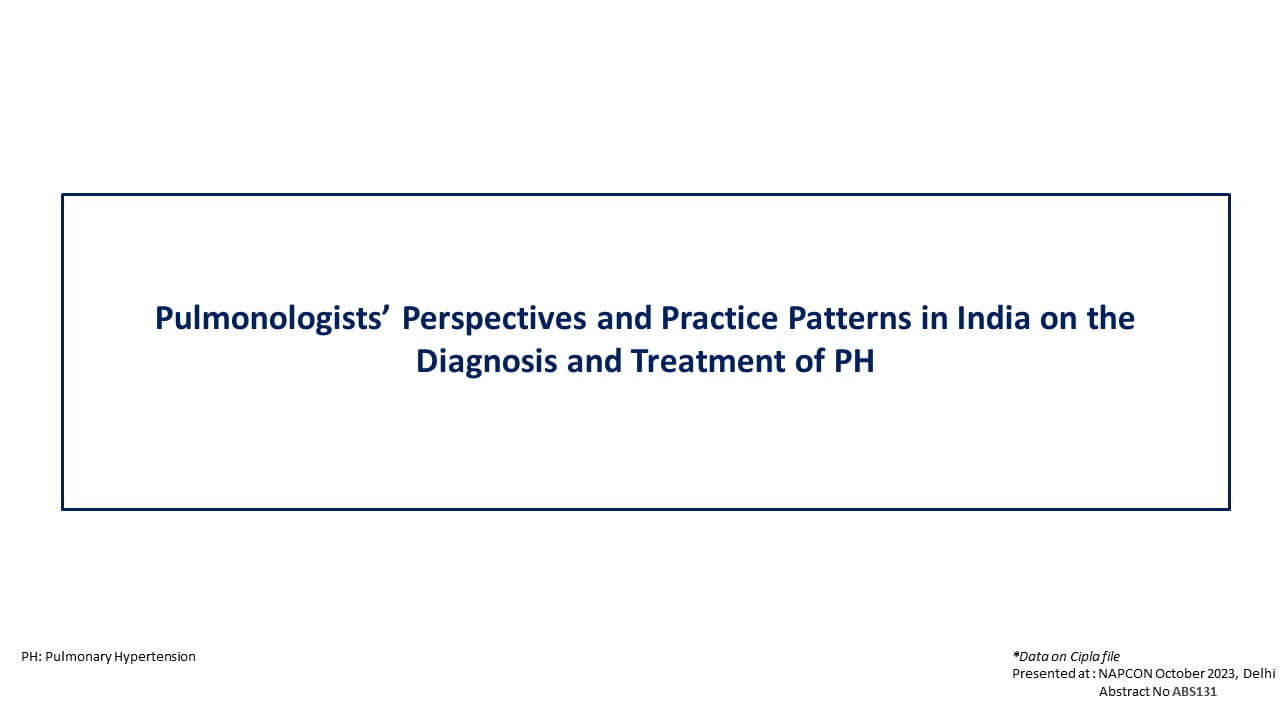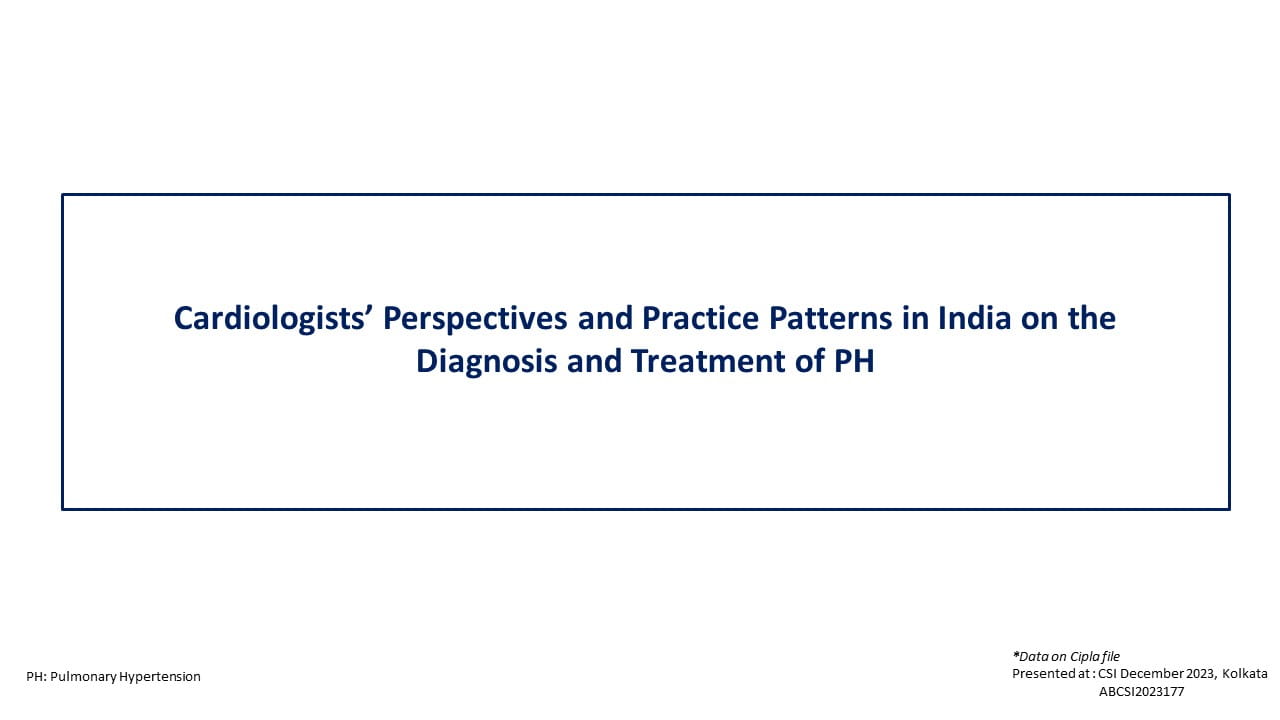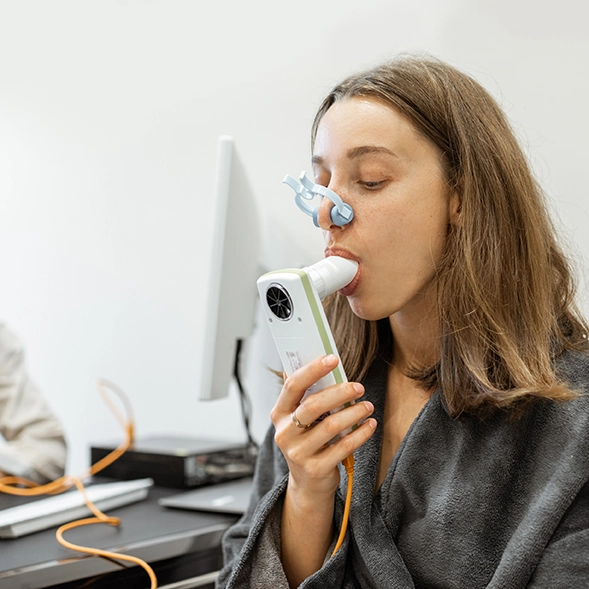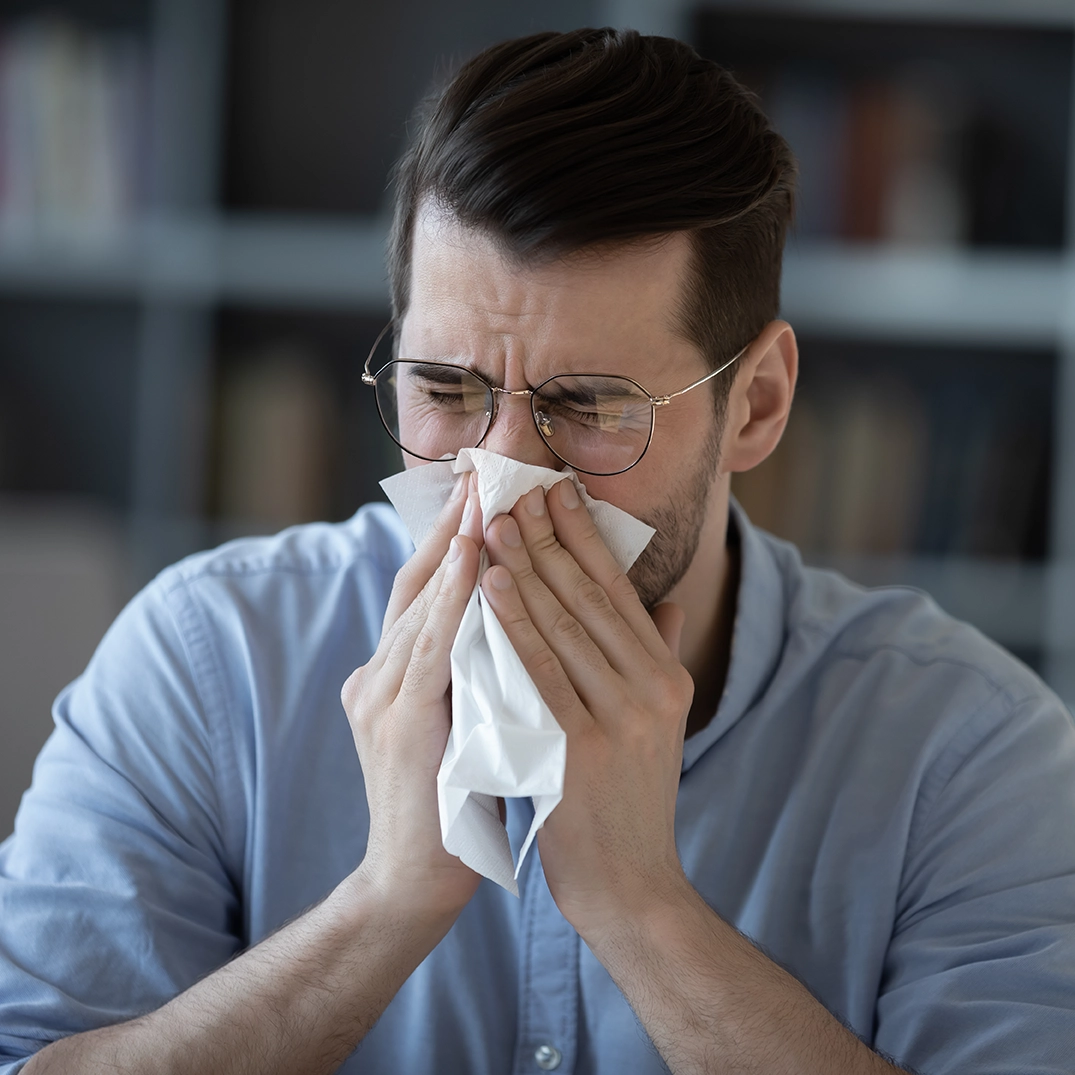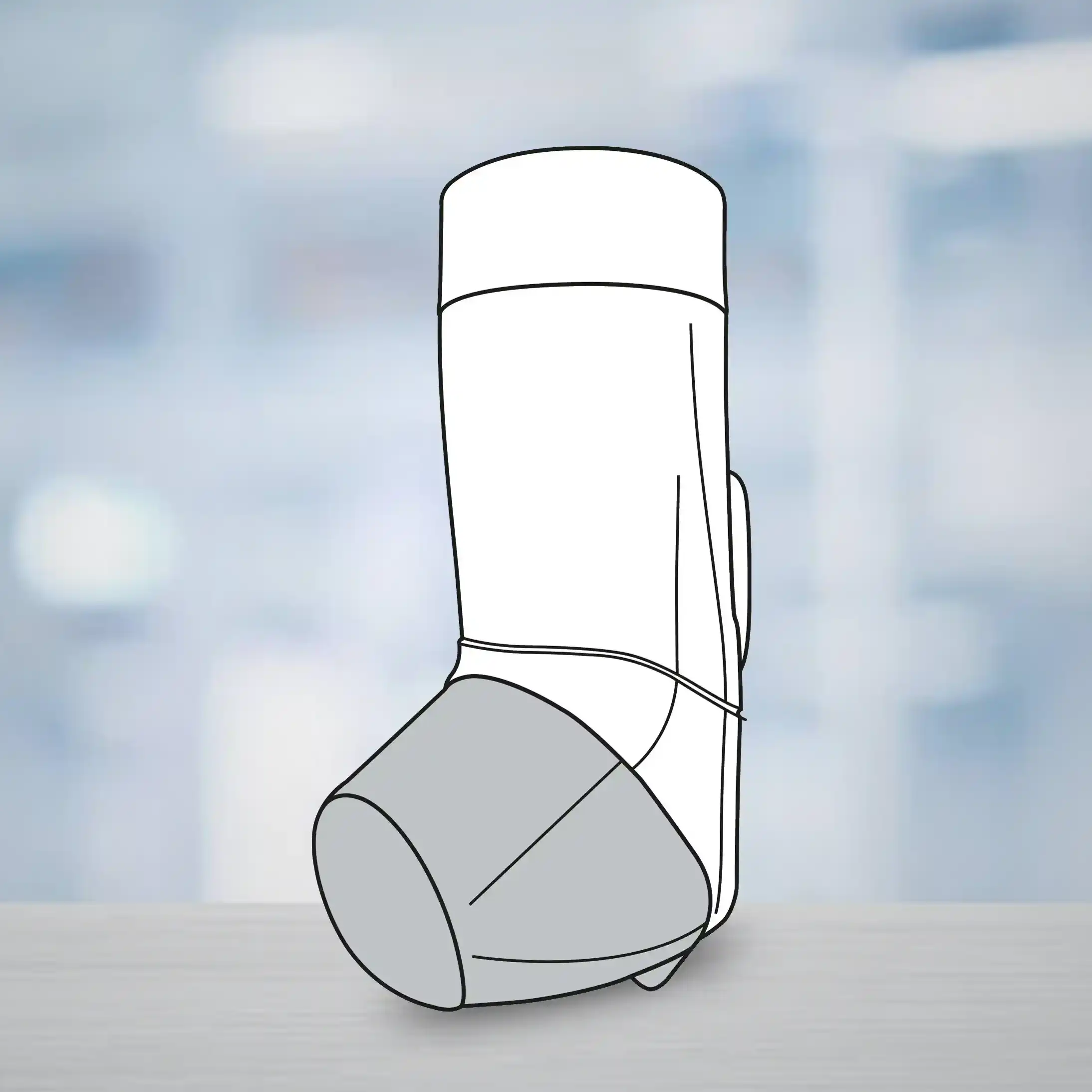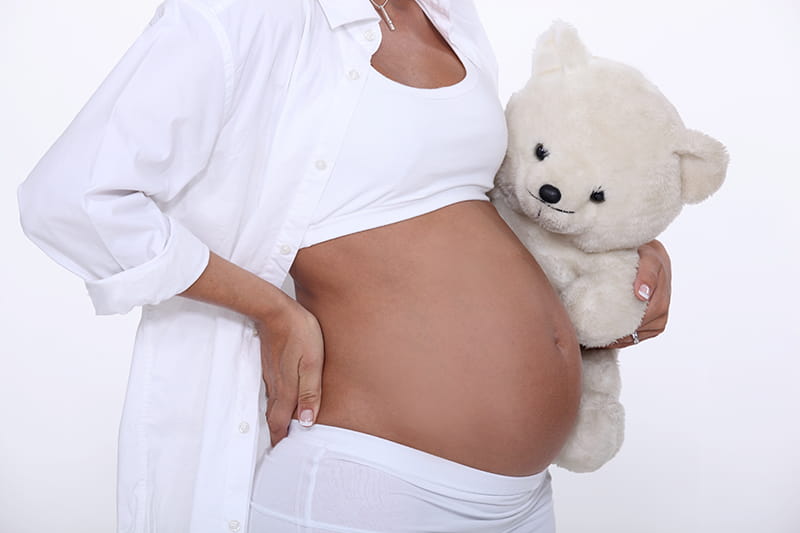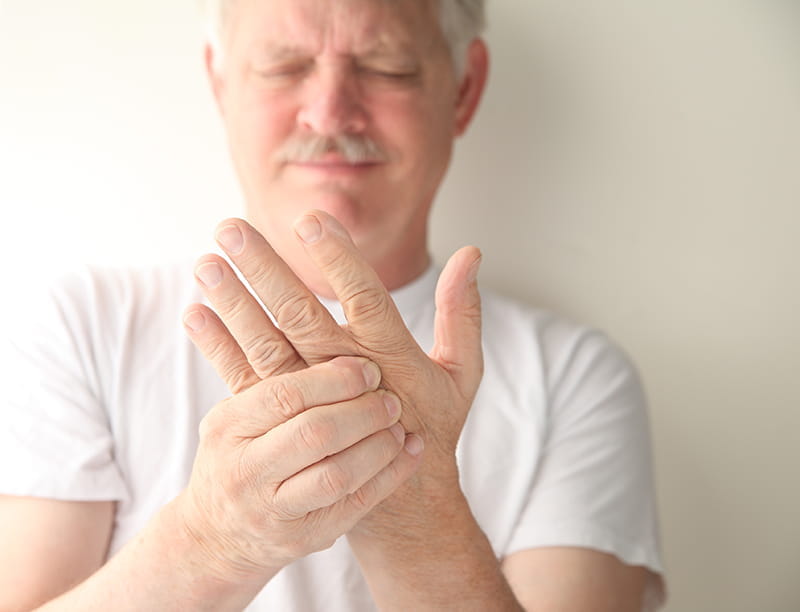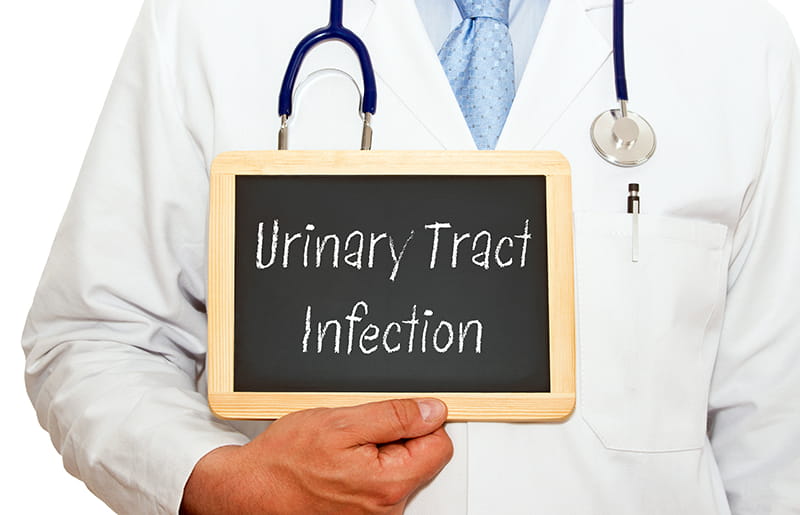Women don’t like talking about it, dismiss it, have nicknames for the most important part of their body – the intimate area. But it is important to know how to take care of and maintain proper hygiene of the intimate area because it can affect overall health. The vaginal hygiene is naturally maintained by keeping the pH balanced at a level of ~3.5 to 4.5. Any change in this pH may lead to bothersome symptoms and infections. Here is a list of important tips that will help in maintaining proper intimate hygiene.
Washing the Genital Area
Shower daily and wash the genital area every day with water and/or a pH-balanced hygiene wash or hygiene wipes containing lactic acid. Avoid using harsh chemicals such as soap, deodorants, etc. as they may change the pH and irritate the intimate area. After washing, pat the area dry, and wipe the genitals from front to back. Avoid excessive cleaning and excessive use of tissues.
Clothes
Cotton undergarments and loose clothing should be preferred. Avoid wearing tight clothing (jeans, thongs, etc.) very often, or undergarments made ??from synthetic fabrics, especially if there is an ongoing infection. Use clean undergarments and change them daily.
Douching (forcing a spray of water/liquid into the vagina to clean it)
It is not recommended since it disturbs the pH level.
Sanitary Napkins
Sanitary napkins should be changed every 4–6 hours, or as often as needed. Prolonged exposure to damp sanitary pads can irritate the skin and disturb the pH. Wrap sanitary napkins in toilet paper and dispose them in the wastebasket. Carry a pad in the purse/bag when the menstruation date is nearing.
Swimming & Exercise
Bathe and change the undergarments after exercise or the bathing suit after swimming. Dampness in the intimate area can lead to an infection.
Hand Hygiene
Wash your hands before and after going to the bathroom, changing the sanitary napkins or cleaning the genital area.
Practise Safe Sex
Unprotected sexual intercourse can change the vaginal pH (due to contact with sperms and semen) as well as put the woman at a risk of passing on or contracting sexually transmitted diseases. Using a condom during sexual intercourse, passing urine and cleaning the intimate area after sexual intercourse can greatly lower these risks.
Hygiene during Pregnancy
Hormonal changes during pregnancy may change the pH of the intimate area. Maintain hygiene with water and/or hygiene washes after consulting the doctor. Trim the pubic hair short and keep the intimate area dry and clean.
Nutrition/Diet
A balanced diet helps build immunity and prevent infections. Eating foodstuffs that naturally contain lactic acid, e.g. yoghurt, cheese, etc. can help prevent infections in the genital area and aid in their treatment. Drink adequate amount of water.
Pubic Hair
Though it is a good practice to trim the pubic hair short, there is no need to shave the intimate area regularly, as it may increase the susceptibility to infections.
Visit a Gynaecologist Regularly
A regular gynaecological check-up at least once in a year will help identify and prevent the onset of various problems. Consult the doctor for timely diagnosis and treatment in case of symptoms such as itching, burning, irritation, dryness, abnormal-coloured discharge or unpleasant odour in the intimate area.
For more information, kindly consult your doctor.


